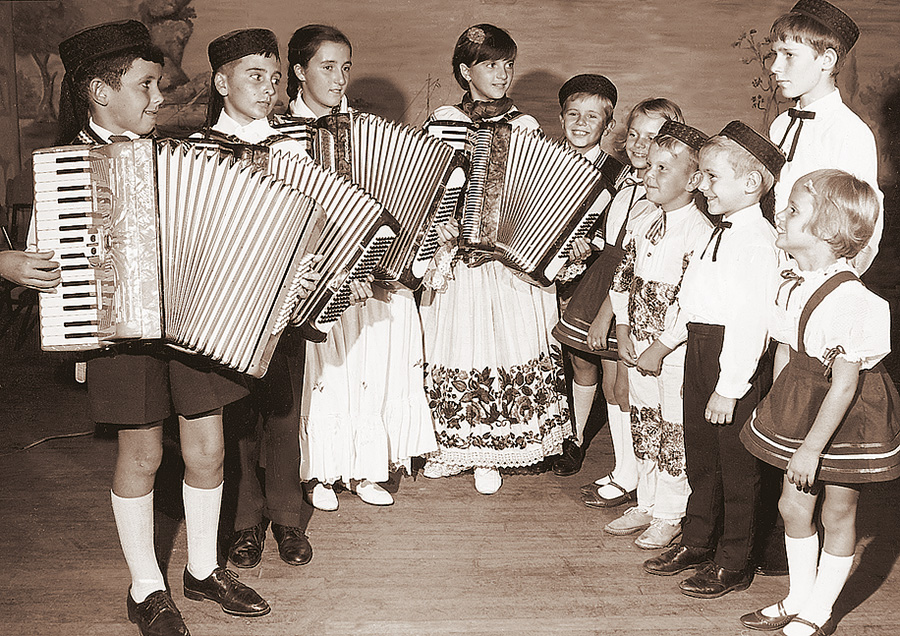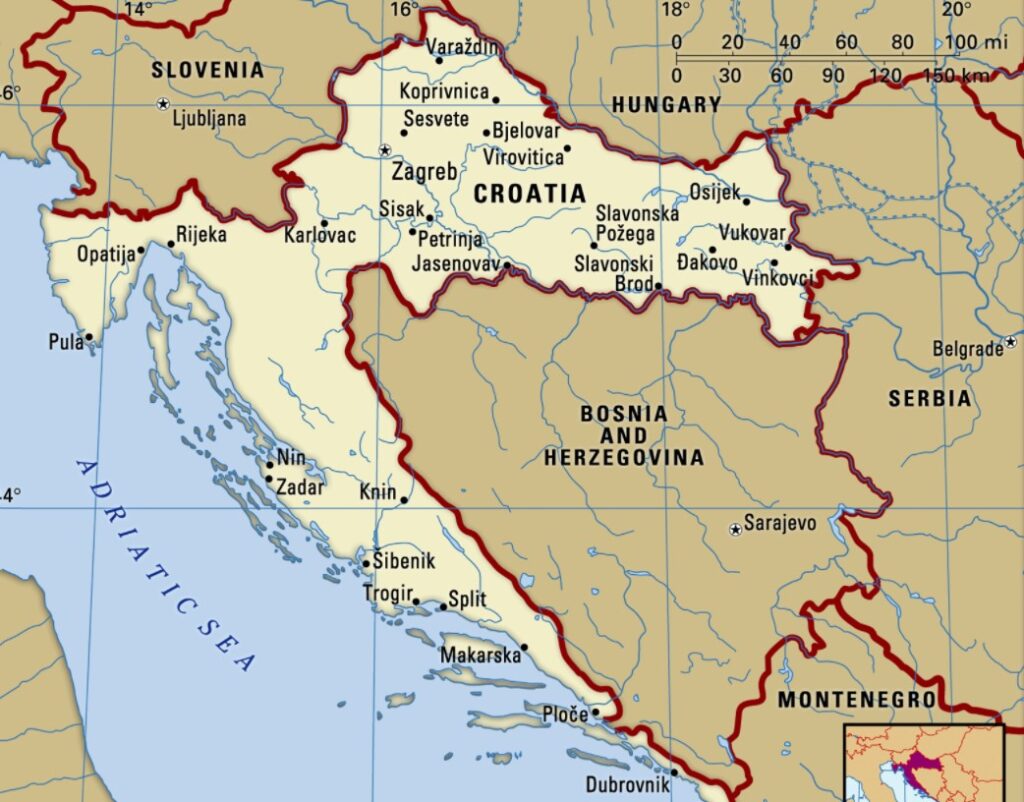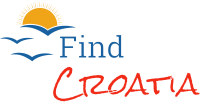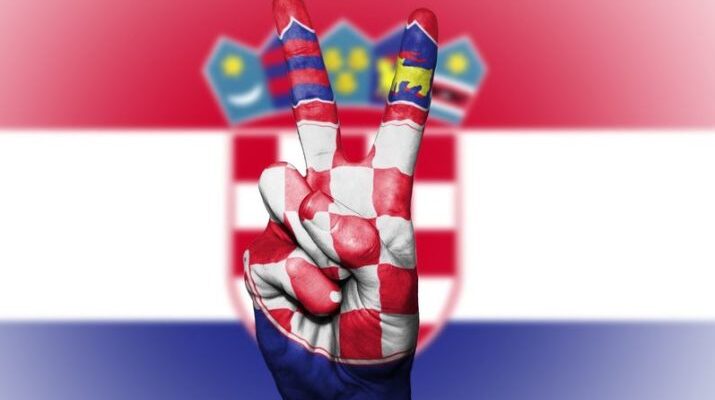Croatia is an amazing country with a rich history and many attractions. But it is also full of surprises: its people can be extremely friendly and welcoming, yet their language and customs can be very complex. Croatian is one of the languages spoken on the Balkan peninsula, and it has been through many changes since it was first brought from the Croatian-speaking Istrian dialect by the Hungarian King Bela III in 1335.
If your ancestors hailed from Croatia, you might have a Croatian surname. And if you’re a first- or second-generation Croat living in the United States, your children might have one too. Each year, thousands of Croatians move to the U.S., as well as to Australia, Canada, Germany, Greece, the Netherlands, New Zealand and other countries. The reasons for this trend are simple: Croatia has a thriving economy, a full spectrum of opportunities for employment and a warm and welcoming culture.

Croatia is a country located in the southern part of the Balkan Peninsula. It is bordered by Bosnia and Herzegovina, Hungary, Italy, Slovenia, Serbia, and Montenegro. It is a member of the European Union and has a population of approximately 4.5 million inhabitants. The Croatian language is closely related to other Slavic languages such as Serbian and Bosnian. Surnames in Croatia are mostly of Slavic origin, and many of them have two or three different endings depending on the region. The most common surnames are:. Read more about croatian surname search and let us know what you think.
The most frequent surnames have been reported.
Smith, Jones, Williams, and Brown are among the most common surnames in the United Kingdom, while Smith Johnson and Williams are among the most frequent in the United States.
So, what are the most common surnames in Croatia?

Horvat has the title of most frequent surname in Croatia, according to Croatian Genealogy and Forebears, with over 25,000 individuals bearing the name out of a population of little over 4 million.
With just over 13,000 people, the surname Novak came in second, followed by Maric with just over 12,000 people. The Top 6 was completed by Kovacevic, Babic, and Kovacic.
“In the past, women did not usually have a surname and instead used the name of their father, spouse, brother, or son. According to Croatian Genealogy, a matronymic surname is “typically formed from the name of a lady who excelled in a community or was renowned due of some lucky or unfortunate situation like being a widow early in life or getting pregnant out-of-wedlock.”
“Croatian female given names are found in historical documents from from the 9th to 13th centuries AD. Alba (white, joyful), Buna or Bona (kind, pleasant), Demetria (goddess of the Earth), Rosana (rose), Stella (star), and Viola (violet) are just a few examples of these early Christian names. Bela (white), Dobra (kind, nice), Gruba (rough), Ljuba (a kiss), Kazimira (utterance, speak), and Mira were all common ancient Croatian female names (peace). We discover Croatian surnames that mirror those ancient Croatian female given names several centuries later: Belic, Bilic, Dobric, Grubic, Ljubic, Miric, Stanic, and so on,” Croatian Genealogy concludes.
Croatian Surnames in the Top 20 (according to Forebears) Horvat, 2, Novak, 3, Maric, 4, Kovacevic, 5, Babic, 6, Kovacic, 7, Juric, 8, Matic, 9, Petrovic, 10, Markovic, 11, Tomic, 12, Peric, 13, Knezevic, 14, Vukovic, 15, Radic, 16, Saric, 17, Kovacevic 18. Boic 19. Pavlovic 20.Dragičević
Frequently Asked Questions

What is the most common surname in Croatia?
The most common surname in Croatia is Krstulovic.
What is a common Croatian name?
Most common Croatian name is Tomislav.
What are the 10 most common last names?
The 10 most common last names are Smith, Jones, Brown, Garcia, Rodriguez, Lee, Gonzalez, Hernandez, Martinez and Taylor.

